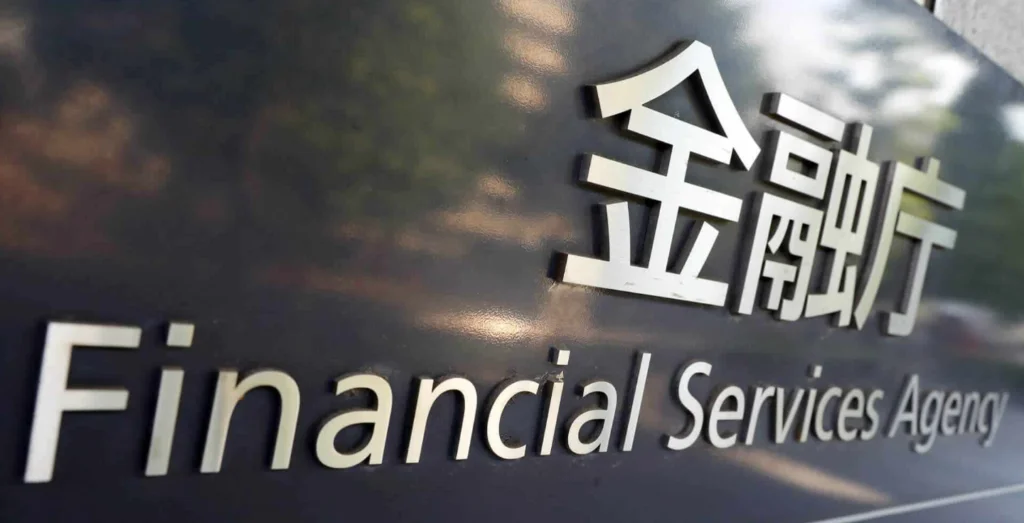The Japanese Financial Services Agency (FSA) has proposed altering the tax code regarding digital assets to relieve domestic companies from the“unrealized gains” tax on crypto.

The principal financial regulator of Japan, the Financial Services Agency (FSA), has decided to take crypto regulation into its own hands by proposing to alter the tax code regarding digital assets.
According to reports from local media, the FSA submitted the request on August 31. The most noteworthy proposal in the 16-page document is an effort to exempt domestic companies from the end-of-year “unrealized gains” tax on cryptocurrencies.
In some nations, legal entities must pay taxes only after the crypto assets are converted to fiat currency, but in Japan, they are taxed annually.
According to the FSA, the Ministry of Economy, Trade, and Industry has already supported the amendment proposed by the agency.
According to the FSA’s announcement, the reform will “improve the environment for the promotion of Web3 and encourage business startups that utilize blockchain technology.”
For some time, proponents of the crypto industry in Japan have demanded a revision of the national tax regime governing digital assets. The Japan Blockchain Association (JBA), a non-government organization, requested three significant changes to crypto regulation from the Japanese government at the end of July.
The first was to eradicate the unrealized gains tax on crypto assets corporations held at the year’s end. The other two include a transition from personal crypto asset trading profits taxation to self-assessment separate taxation, with a uniform tax rate of 20%, and the elimination of income tax on profits generated each time a person exchanges crypto assets.
